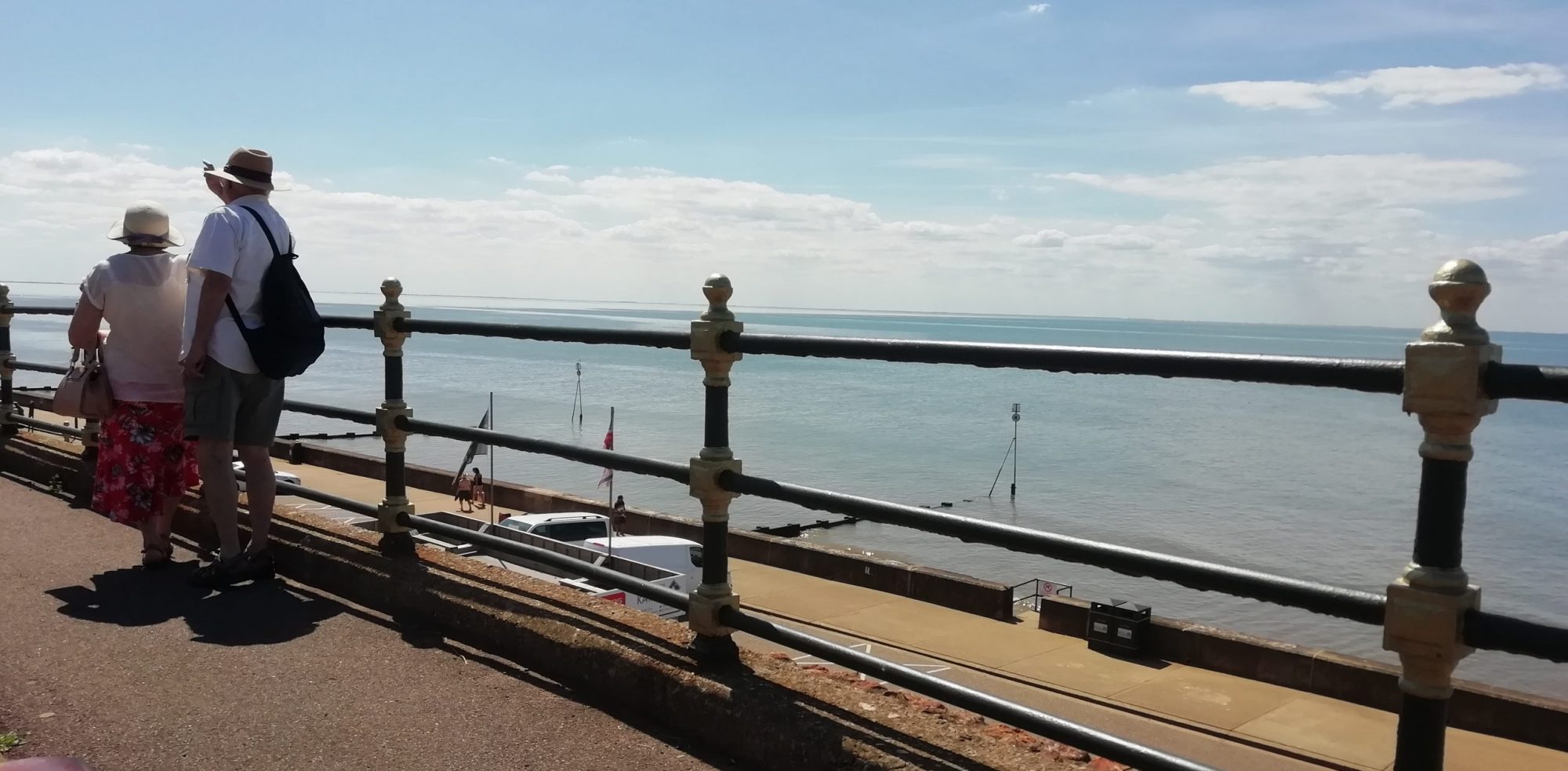On the eve of the Holocaust Memorial Day, Italy calls for Holocaust denial to be treated as a crime. Almost at the very same moment the United Nations adopts a resolution against denial. Read down the current news lists a little further and German prosecutors call for a five year sentence against Ernst Zundel, the alleged high profile Holocaust denier. In a statement to mark Holocaust Memorial Day, Archbishop of Canterbury Rowan Williams has said that the day should be marked for future generations.
Where though is the stance of the British Government in all this debate? Could we see Holocaust denial outlawed here? The UN adoption was achieved without a vote. What would Britain have done if it had been put to a vote? Hypothetical questions maybe, but much of our apathy to the Holocaust lies in some of our history since World War II. The attached essay is based on records held at the National Archives, Kew and elsewhere and tells the story of two events that highlight the anxiety that the British state has in dealing with Holocaust events.
Sometimes comical sometimes 'jaw-dropping', the events that unfold in this story of Britain's 'National Holocaust Memorial' are a telling revelation of inter-departmental stalling and downright interference by the state. Papers released at Kew indicate the possibility of overt prejudice by some cabinet ministers determined to see this memorial 'buried' at arms length to Whitehall and the state.
The essay is a lengthy text, fully referenced and is released in full without changes from its original form. It was an attempt at a Foucauldian analysis of events since WWII relating to the idea of Holocaust.

Home of Shaun Villiers Everett
Blog and Published Pages